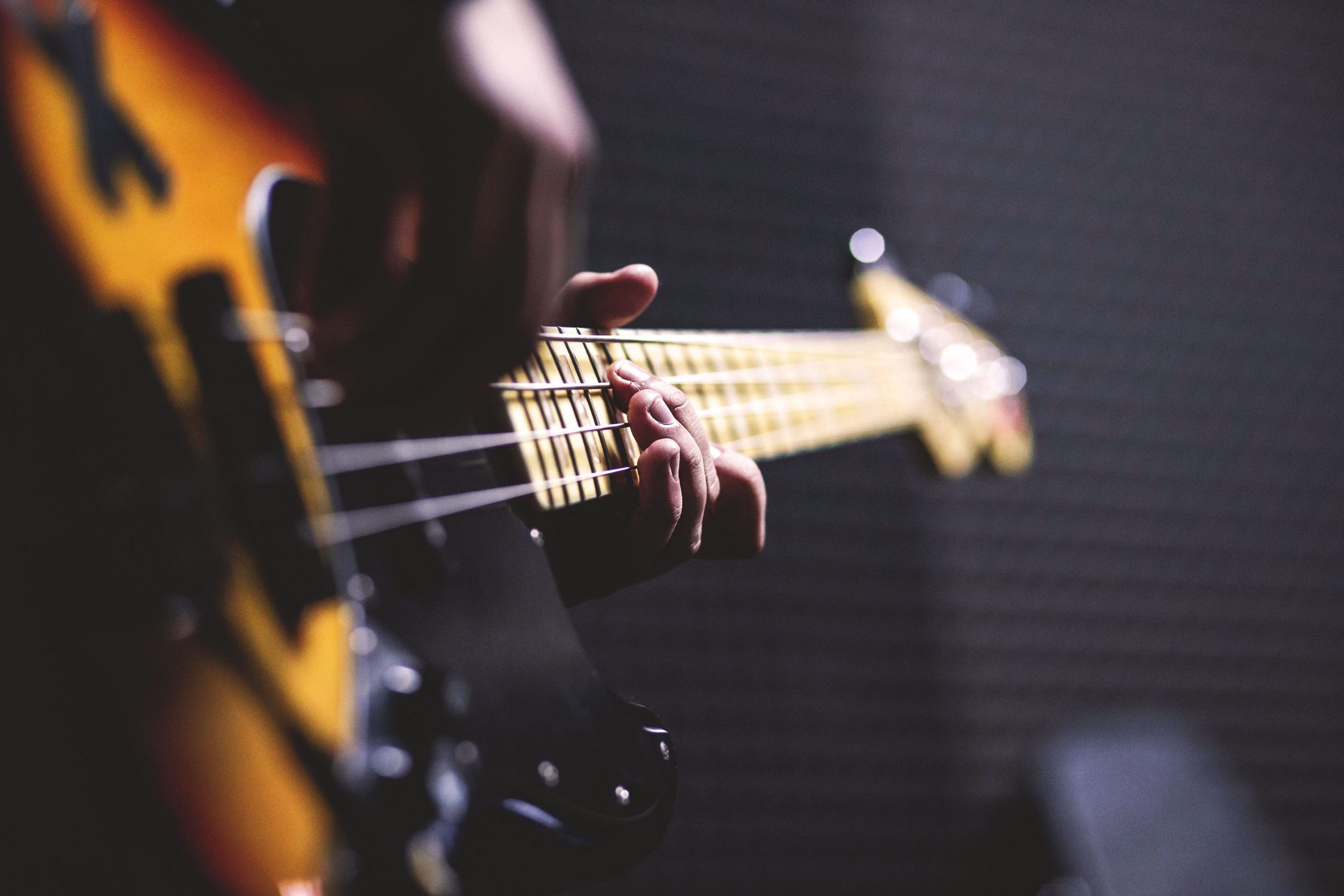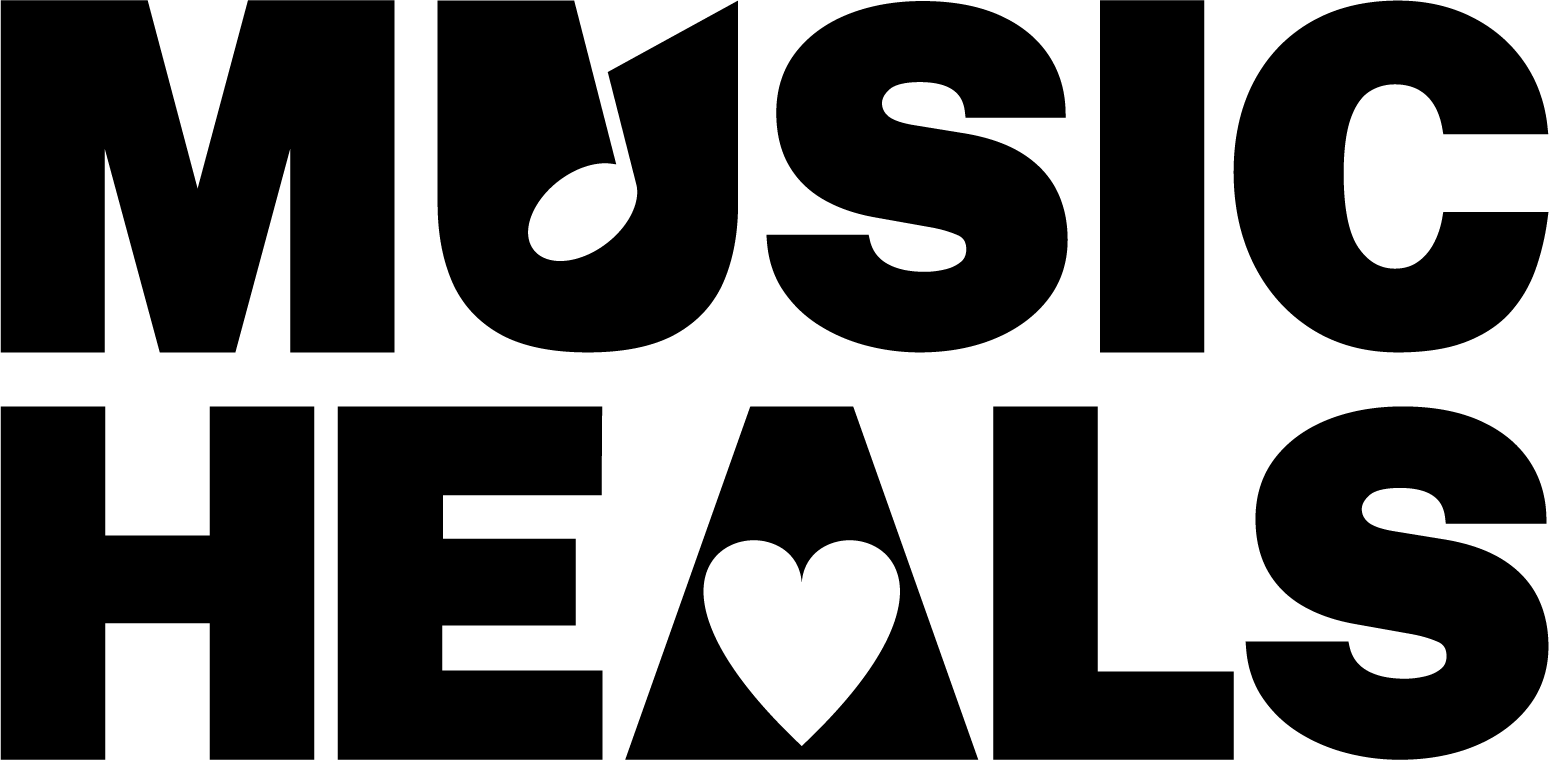Health and Technology District Partners with Music Heals and SFU on Mental Health Study Combining Music Therapy and Functional Brain Imaging
January 29, 2020

The Health and Technology District has partnered with Music Heals and SFU on a new research study using advanced neuroscience and functional brain imaging to understand the neuro-physiological impacts of music therapies on improved mental health. The partnership will also launch a new Music Heals Lab at the Health and Technology District in Surrey where part of the study will be held.
The research study will be conducted by neuroscientists at SFU’s ImageTech Lab, and music therapists at the Music Heals Lab. The study will monitor brain wave activities to evaluate the effects of music therapy on adults who have anxiety and depression following trauma, including adults with chronic mental health challenges due to post-concussive syndrome (PCS). The study will also monitor music therapy effects on mental and cognitive function of children who have experienced severe adverse events.
“Music therapy has been known to have many therapeutic applications in a number of mental health and health conditions such as traumatic brain injury, dementia, Alzheimer’s etc.,” says Dr. Ryan D’Arcy, a neuroscientist and principal investigator of the study. “The overall objective of the study is to improve our understanding and investigate the impacts of music therapy on mental health, particularly in emotions and mood related disorders that can occur in both children and adults, using functional imaging of neuroplasticity that occurs as a result of music therapy.”
The partnership between the Health and Technology District and Music Heals will create a new Music Heals Lab at the District in Surrey. In addition to facilitating the pilot study, the Music Heals Lab will also provide music therapy programs for children, adults and seniors, including those in palliative care, burn units, rehabilitation, and people with autism, AIDS & HIV, bereavement, and more.
“We are excited to be a partner in this mental health/music therapy pilot study and to launch the new Music Heals Lab at the Health and Technology District so we can deliver music therapy programs to more people who need them,” says Taryn Stephenson, Director of Brand Partnerships and Sponsorship at Music Heals. “Music therapy can be used therapeutically for people who have physical, emotional, social, cognitive or mental health deficits so we are looking forward to applying neuroscience to better understand how.”
While many concussion symptoms resolve themselves within a few weeks, PCS is the persistence of concussion symptoms beyond the normal course of recovery. Some researchers believe that post-concussion symptoms are related to psychological factors, especially given the most common symptoms — headache, dizziness and sleep problems — are similar to those often experienced by people diagnosed with depression, anxiety or post-traumatic stress disorder.
Music therapy interventions involve the use of live music (performed or created by the therapist and/or patient), and a process that includes patient-specific assessment, treatment, and evaluation. According to the Canadian Association of Music Therapists[i]:
- music therapy such as patients playing instruments can improve gross and fine motor coordination in individuals with motor impairments or neurological trauma related to a stroke, head injury or a disease process.
- rhythmic based activities can be used to facilitate and improve an individual’s range of motion, joint mobility/agility/strength, balance, coordination, gait consistency and relaxation.
- listening to music helps to develop cognitive skills such as attention and memory.
Phase one of this eight-week pilot study will begin early 2020 and involves 10 adult participants who have chronic mental health challenges due to post-concussion syndrome (age 19 and older). Phase two will begin Spring 2020 and will involve 10 children who have mood related disorders from experiencing early childhood traumatic experiences. The functional magnetic resonance imaging (fMRI) scan tests will take place at the SFU ImageTech Lab in Surrey Memorial Hospital, while the music therapy and assessments will take place in the Music Heals Lab at the Health and Technology District.
About Music Heals:
Music Heals Charitable Foundation supports a wide range of music therapy services to communities in BC and across Canada. We increase access to music therapy for patients in children’s hospitals, senior’s centres, palliative care, AIDS & HIV programs, at-risk youth, habilitation, and bereavement support. Music Heals is a not-for-profit society incorporated in British Columbia and is registered with Canada Revenue Agency as a charitable foundation. https://musicheals.ca/
About Health and Technology District:
The Health and Technology District in Surrey, B.C., is a rapidly expanding ecosystem of innovators and entrepreneurs collaborating with tech companies, scientists, educators and health professionals; each representing a range of business, technologies and research fields. The series of high-tech buildings located and under expansion strategically across from Surrey Memorial Hospital, offers a dynamic community where disruptive impacts are generated through the translation of research, science and technology into global innovations. www.HealthandTechnologyDistrict.com.
[i] https://www.musictherapy.ca/about-camt-music-therapy/about-music-therapy/




